Home
NEED FOR ONLINE ‘Guftagu’
My earliest memories date back to 1946. I was five years old; going on six. We lived in a little hamlet called Faruka, which is about 33 kilometers south-west of Sargodha (now in Pakistan) One of the more significant images which I carry till this date is the sight of groups of elderly people sitting under a large tree and talking for hours on end, while we children played around with a ball or went hunting for berries. At that age, we kids could not comprehend what those old fogies got out of their idle talk.
Now, when I am grown up, I know the answer. Chatting serves several purposes. The most important is social lubrication – people talk to each other about insignificant things as a way of interacting and forming social bonds. All animals do similar things to keep the group together – some primates use social grooming, horses swat flies away from each other, and dolphins surf together for company. Another reason is to catch up on local news – talking usually involves a bit of gossip, some current events, and exchange of views on the latest public events and scandals.
In Faruka, it was called ‘guftagoo’ which translates to conversation. In the absence of radio and television, such tête-à-tête was the only source of information interchange. Sometimes, they sang folk songs in chorus or shared jokes to entertain themselves. The few, who could read newspapers, flaunted their knowledge by giving ‘authentic’ news of the current events, first hand.
The partition of the Punjab in 1947, caused us to move out of our ancestral village. We then made new friends in schools, colleges and military academies. After completing the training, we got scattered all over the world. But the quest to interact with our friends and colleagues persists. And this psychological need is now satisfied by the Internet. We have shifted out of our native villages and the academies, but are able to interact with our loved ones on a real time basis.
It seems to me that for information interchange, the whole world has been reduced to the size of our good old Faruka!
This website has been created for ‘Guftagu’ with no borders. However, before proceeding further, let me share with you, how the process of ‘information interchange’ has altered since the beginning of civilization. The current ‘information technology’ revolution is not the first one in the history of mankind. It is actually the third. First was caused by the creation of languages, then came the advent of the scripts. Invention of paper technology made it cheaper to write and send messages. Finally the printing press developed by Getenberg made a huge difference. Now, when you send a mail, and shift it from one file to another, you get a prompt, ”the conversation has been shifted to the new location” The word, conversation translates to ‘guftagu’ in the our language.
For those who have the time and the inclination, I have traced the history of information interchange.
From Gutenberg to ARPANET and beyond…
The other day, a young lad asked me, most innocently, “Uncle, what does ‘BC’ stand for?” When I gave the obvious answer, ‘Before Christ’ he said, “But this book says, it is an acronym for ‘Before Computers’!”
His words kept ringing in my ears. Computers have, indeed, ushered in a new era, especially after the Internet phenomenon. There is a sea change in the process of information interchange, communication and entertainment. A transformation of this magnitude is bound to bring about a sociological revolution. I tried to travel on the road ahead, to visualize life as it will be for our children and their successors. To do that, I did a bit of net surfing. I discovered that this is not the first revolution in this field. The printing press invented by Johannes Gutenberg of Germany in 1450 had sparked off a similar chain of events. Prior to his innovation, books were written in manuscript. People who were blessed with good handwriting were commissioned to make multiple copies of the works of the authors. Such people were called calligraphers, and the book was written the most was the bible. It has been estimated that an average monk could produce one good copy of the bible in one year.
As a direct consequence of this invention, the price of the books came down very significantly. Education became cheaper and knowledge was no longer the preserve of the elite class. It is more than a coincidence that the era of discovery came soon after the ‘print revolution’. Columbus made his historic voyage to America in 1492, and Vasco da Gama discovered the sea route to India five years later, in 1497. It is possible that such discoveries had been made by people earlier than that, but their finding did not get reported in the absence of the means to propagate information.
The printing press accelerated the process of spread of knowledge and information. History became easier to write, and statistics could be compiled and studied in a more systematic manner. On the negative side, some people felt that they were flooded with books and news papers. Some people complained of ‘information overload’. To overcome this, a few new categories of professionals emerged, and they also evolved procedures for sharing the profits that accrued from this business and protecting the intellectual property of the authors.
-
Editors: They decided what was fit for printing and also had the powers to correct, alter and prune or snip the work of the authors.
-
Publishers: These were a set of entrepreneurs who invested in the business of ‘publishing’ books. They coordinated the activities of the writers, editors, printers and the distributors. Money was controlled by them.
-
Critics: These were professionals who commented on the works of the authors and helped the readers in deciding what was worth reading and what was not.
-
Censors: The printed word had the ability to travel far and wide. The governments in power instituted legislations to limit what could go into print, and what must not be published.
-
Money and the Finances: Writing and reading is essentially a relationship between the authors and the readers. But since the writers did not have the means to get their works edited, printed and distributed, the publishers appeared on the scene. In effect, the publishers got most of the money in this process. It was once said, “Writers build castles in the air, readers live in them and the publishers collect the rent!”
-
Intellectual Property Rights and Plagiarism: To ensure that the writers received their dues, legislations were enacted to protect the ‘copy rights’. Violation of this is considered illegal and is termed as ‘plagiarism’
The print revolution changed the world forever. It threw up writers of great eminence who became ‘opinion leaders’. The newspapers and periodicals which followed in the wake created a breed of journalists and media personalities who became so strong that they could make or ruin careers. So great was their influence on society that the media personalities came to be known as the ‘fourth estate’ (the other three being clergy, nobility and the proletariat). The people in power recognized the strength of this class, and we see them all over the place with ‘press’ inscribed on their vehicles. They have separate enclosures marked for them.
A few decades ago, in 1969, the US defense forces recognized the strength of ‘networked computers’ and commissioned a project called ARPANET which stands for ‘Advanced Research Project Agency Network’ Through this they networked their RADARs to integrate their defense against the threat of attack. The Internet is, in effect a consequence of the above project. No one planned it; no one designed it. It just emerged, and has swept all mankind like a wave which has no precedence.
In which direction are we headed now? What does the road ahead look like? Whilst I am no authority on the subject, to me it appears that some fundamental changes are likely to occur in the process of information interchange. And I say it from personal experience.
I go back to the time when I started writing. I was about fourteen years old, and a teacher helped me in composing a poem which appeared in the school magazine. Encouraged by that success, I went on to write a full length novel in 1961, when I was twenty. An elderly friend was kind enough to read it, but he asked me to revise it, to improve the ‘craft’ I did so. At this stage I approached some publishers. They wanted a few copies so that they could be read by the established writers. In the absence of photocopiers and with no access to a typewriter, I made three copies with the help of carbon papers. The process took me two whole months, working three hours every day. The kindly publisher took two years to have it printed, and I got to see the labor of my love printed as a book only in 1965. It then took two more years for the thousand copies of the book to reach the readers. The novel was re-printed, and I received about a dozen letters over a period of the next five years. I did not make any money out of this activity, but the joy I got out of the very process of seeing my work in print was so great that I went on to write five more books and dozens of short pieces which have appeared in newspapers and journals.
In the year 1999, I first registered my e-mail ID. After a few tentative steps, I learnt to send out my pieces to a few friends. The circle expanded at a very rapid pace. Soon, I started receiving encouraging responses from several friends. And the response is in real time. In some case, I get as many as forty or fifty messages on a single piece, and that causes me to sit on my computer desk for hours at a stretch!
Now, in this revised format, there is no publisher, no printer, no editor and no distributor. The link between me and my readers is direct. There are several other advantages, The computer does a basic spell check, and when I am in doubt about a date or a figure, all I have to do is to go to an Internet search engine and check it up. Indeed, if I am in doubt, I ask my good friend Joseph Thomas, who responds within a day, whether he is in Bangaluru or the USA.
Would that mean that the editors, the critics and the censors are out? Well, at the moment, they are out. But we need them, and for the same reason. Mark my word, they will appear, but in another avatar, very soon. We are suffering from a glut of information. It has been estimated that the 1.9 billion e-mail users send out 294 billion messages every day. (I myself receive more than a hundred mails) Research shows that more than 90 percent of these mails are spam or virus.
The Road Ahead
It is my belief that the international community will soon have to create some mechanism to overcome the problems created by the information glut created by the ease of creation and propagation of information. In my view, we will again have to create the equivalents of editors, critics, censors and publishers. Protection of the intellectual property rights is going to pose an unprecedented challenge. To me it seems that the quality of the work of the authors can now be judged by the readers directly and it can be quantified by computers. Let every reader be a critic and an editor. And if we can simultaneously evolve a method by which every reader pays for the benefit which he derives from a piece of information, then the whole chain becomes free of subjective elements and the authors can receive their share of reward for their labor of love.
Be that as it may, one thing is certain. The process of information interchange is heading for a permanent change. Historically, we have moved forward in four steps. First, it was communicated by word of mouth and had to be memorized verbatim, for information to pass down to the next generation. Then, with the invention of the paper, it could be written so that it could be transmitted without getting corrupted in the process of transmission. Then came the printing press which inundated mankind with books. And now the Internet has revolutionized the whole process.
What next? Where are we going from here? We have a wealth of knowledge, discoveries and inventions which we have inherited from our ancestors. How are we going to preserve the culture and bequeath it to the posterity?”Allah ko pataa hai, Allah janata hai”
Let me sum it all up, and reduce this entire essay in the form of a power point table for ease of comprehension and memory.

It is eminently possible, that we may witness the creation of the ‘Fifth Estate’. The Internet may very well be able to make a difference to the very process of opinion building and thus hasten the pace of socio-economic and political changes. Millions of websites of this kind may get created, so that people can air their views, and feel lighter. Catharsis will get one more form to relieve emotional pressure!

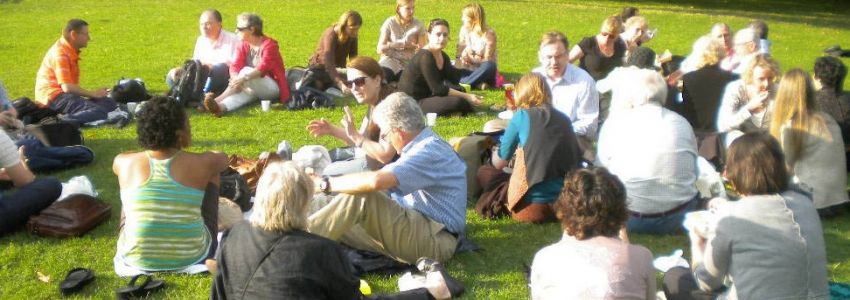
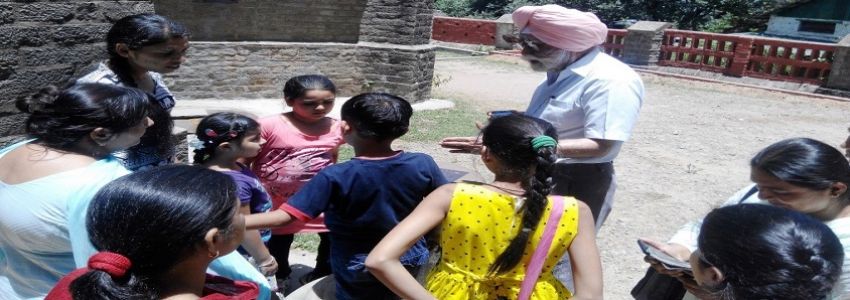
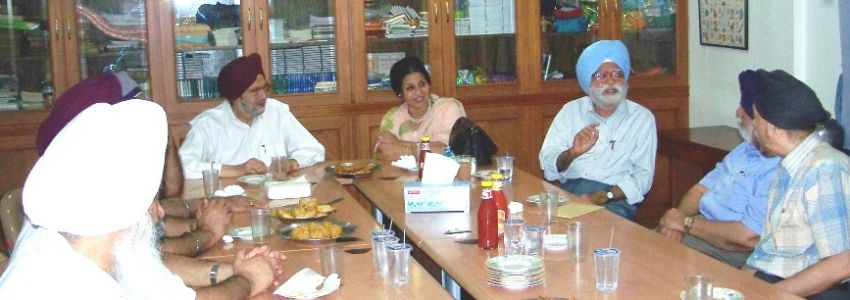
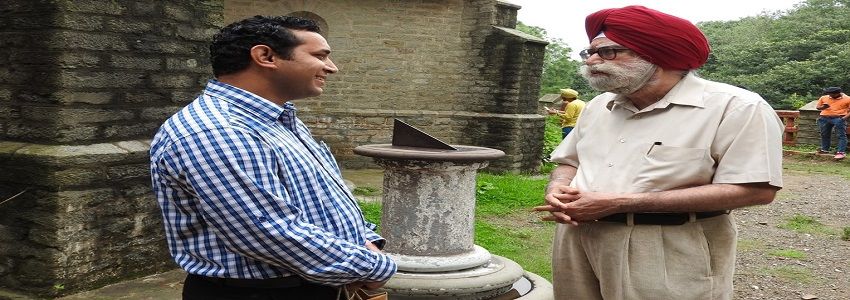
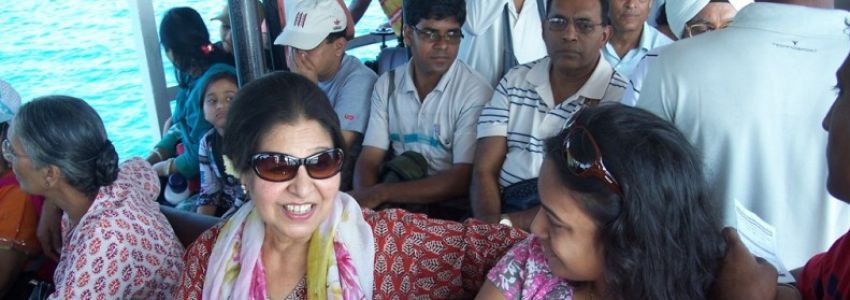
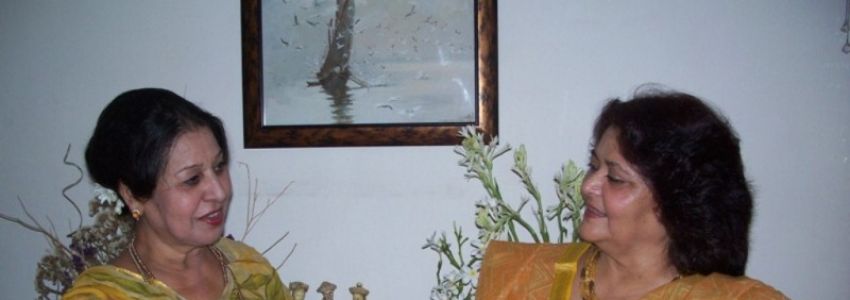
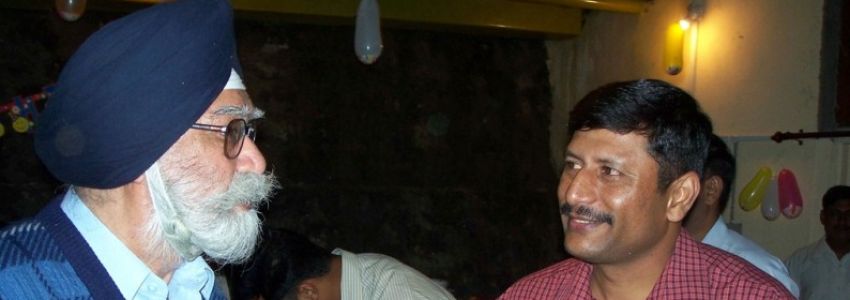

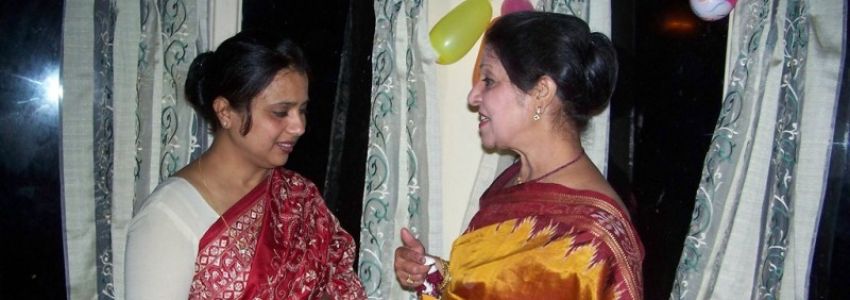
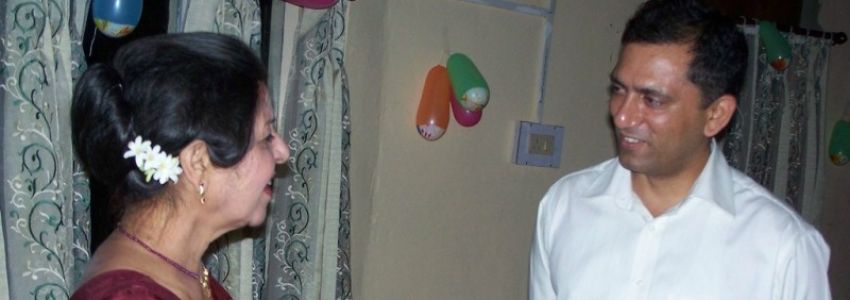







https://professionals.beauty/blog/narashchivanie-volos-na-temnye-i-svetlye-volosy-osobennosti-i-vybor/
aaj phir yaad aa gaya beeta hua zamanna kaun kambukht heh saktata hai aa naheen sakta beeta hua zamanna loe abh humm aa gaye phir sey par kya aapne humme pehchanna waqy badal sakta hae aur hummme aapney abh nahheen pehchanna aap ka ek zamaae ka waffa diwana sukhriya gufta gu ka shayed aapne humme hai abh pehchaana Canada ka nishaana
aaj phir yaad aa gaya
beeta hua zamanna
kaun kambukht heh saktata hai
aa naheen sakta beeta hua zamanna
loe abh humm aa gaye
phir sey
par kya aapne humme pehchanna
waqy badal sakta hae
aur hummme aapney abh nahheen pehchanna
aap ka ek zamaae ka
waffadar diwana
sukhriya gufta gu ka
shayed aapne humme hai
abh pehchaana
Canada ka nishaana
abhheee bheee CSM
aap ka diwana
nacheez hain hum
ek baar keh doe haa sk
colls kya aap hain csm
colls Kohli
11:44 AM (15 minutes ago)
to me, Shireena
Shireena kohli my Canadian daughter was very happy reading your Gufta gu
I have sent her the link.
She writes reasonably intelligently ….both prose and poems better than me
Rgds
FYI
U/ME
From: Major Satish Khanna
To: 15 NDA Mitlesh Kochhar Gen
Cc: Y P Maini ; colls Kohli ; om parkash marwaha ; 15 NDA Nayar
Sent: Sunday, 10 May, 2020, 7:22:00 am IST
Subject: All Posts « Guftagu @ amolak.in
Dear Mitlesh & buddies YOGI, YP, OPM & COLLS,
I just accidentally found this SITE called “GUFTAGU” I am impressed by the kind of initiative taken by these EME offrs in building this very interesting web site domain full of interesting info & plenty to think about.
Mitlesh, you being DGEME would in all probability have known this Brig SURINDER SINGH who was Dean of Faculty at CEME,
I look forward to your reactions with a query-‘Why our course should not try to do something on the same lines”. Pl share with Shoba as she may come up with some bright ideas.
With warmest regards to you all. Have a great Sunday.
The link to “ GUFTAG”is given below.
Jonah Satish Khanna
Jairam Ramesh
Mar 29, 2020, 5:20 PM
to me
Sir:
I am writing a biography of Edwin Arnold’s epic poem on the Buddha “The Light of Asia”.
Professor Mohan Singh had translated this into Punjabi in 1935. I am trying to find out more about how to get access this original edition and what motivated him to undertake the translation. Did he ever write about the Buddha and what was the impact of his book?Is thee any biography of his?
I got your contact when a Google search on Professor Mohan Singh threw up your very fine website.
Thanks and stay safe,
Jairam Ramesh, MP
When I Die – Poem by me Colls
Just remember me
that I lived
Do not make a farce
of gathering around
in a congregation
wasting your
Time and Energy
and
endangering my
PEACE
I am so happy to stumble upon you. I have always lived a proxy life. Nothing very interesting or meaningul. But I desperately need to connect and meet people and listen to you guys. Being in the army/ airforce/ navy opens you to a natural life of great experiences. As an army wife I have had a rather pampered life. .
Can I join into your mosaic?
Madam,
Welcome aboard the ‘Guftagu’ group.
And if you have a story or anecdote to share with our readers, do send it. And do tell us about your self.
Indeed, if you send us some pictures to embellish the text, we would appreciate it. As they say, a picture tells a thousand words!
Surjit
embellish
This lovely word
has been included by me
in a Poet’s rare words
Dictionary
under compilation by me
May be 100 words only
but rarely used
do tell me Sir ji
and
all who Gufta Gu
do read
Thank you
colls
I read the whole narration with total and absolute attention.Please send this to Tourism minister of Kerala. He will be tempted to use it for his publicity.
I may exaggerate the importance of spices since our spices are the cause fro to days richest country in world,USA. Further Sree Padmanabha swamy Temple got millions worth of gold coins from entire Europe by exporting spices mainly pepper during famine in Europe in 17th century. Mainly pepper for preserving beef Which earned it the name BLACK GOLD. I compliment Brig for his forthright opinion and an outstaning travelogue.
With Fond Regards
Col R G Nair(Retd)
so nice to cherish
again and again
its NOSTALGIA
Sir,
SS AVSM VSM
Pardon my IGNORANCE
Any idea where I can get General Oberoi’s book?
Dear Sir,
Your writings on this blog are based on depth of factual knowledge with deliberation of thoughts. The information technology has made exchange of thoughts extremely fast to a vast number of persons. However, for certain people who may only use the technology with out thought process may be at a loss in the long run. It is pleasure to read through your blog. With the best of regards.
.
B B Ghai
Dearest Surjitji,
My Sir!
You must reply all those who comment
I have been on the Internet
for now more than 13 years
no this is not a lament….
many have praised my
RIVER OF ROMANCE Colls 100 English Poems
but you!
Those who comment
raise humanity’s morale
and the ”’sabaash”’
from an architect like you
makes one bloat!!!!!!!!!
I note
you have not replied any of mine
Keep a switch
to
REMOVE COMMENTS UNWARRANTED
Many sites have such a provision
Kindly introduce it
Sargent Major Easy ….1958
Do you know
most of those friends of our15th Course
who have gone to heavenly
HOME……
were our EASY KINDS
NOW I AM
also in line.
colls
smaller me (i)
Dear CSM,
You leave me speechless, always and everytime!
Surjit
”Summary Disposal”
wow
thanks all do the same now
u/me
Canada sey
MR. JOSEPH:
Many thanks for your mail.
Yes Guftagu…..I have seen while trawling the net….Didn’t realize you are involved…..In fact I go to this site….while researching for background info before writing …
Newspaper articles…..generally are very poorly researched…..and shallow…
I guess your actual experience shows….public advocacy….and civil action groups do make a difference….most of us shy away saying none can be a Jason to clean up the Augean stables….wrong….small droplets matter…
Will put my pen….and my humble skills to do some writing that has a wider and deeper responsibility….
Thank you again…
KP Ravi
GOOD
Dear Surjit Sir,
wishes!!
An article written by you featuring Gen Hanut Singh Ji’s life is the dose for the young military officer, who could believe in their capabilities and trust their instincts for achieving organisational goals. I been devout of him, and highly inspired by his contribution in Armoured devision sincerely thanking you for writing this piece of article.
thanks and regards,
Kunwar Mithlesh
Dear Kunwar
Thanks.
Apparently, you were in the Armoured Division during 1983-84. If there are any specific incidents or memorable events of which you have personal knowledge, do share them with us.
Mr Nripendra Singh, a nephew of the general is compiling all such details. He lives in the same ashram, near Dehra Dun, and is carrying on his legacy.
Surjit
I am a resident of Kasauli cantonment atleast during summer months. I live on the lower mall next to HP Tourisms Ros Common hotel it is called Denisford Estate. Would love to meet u on your next visit to kasauli my mobile no is 09810461019
Regards
Jagmohan Luthra
Surjit Sir,
Always a great pleasure to read article written by you..it seems u put ur heart & soul.
I stay very near Balyogi Ashram on Rajpur road, where General Hanut was staying.
i will attend prayer meeting though I have never met him.
RIP…GENERAL HANUT
Hello Sir,
Having met you yesterday on the train to Chandigarh, I never thought I would be sharing seat with such well-read and interesting people as yourself and your wife. I have just read the introduction to you blog as of now, but, would love to spend time on going through all the article herein. I am sure this will help me get an insight into LIFE as it is and extract the best out of it.
Regards and Best Wishes.
Congratulations on crossing two lakh views
Well some one has seconded me here
but dear
try and write a bit concise
so that dwarfs like me
can also hear
if not bear
AND DRINK ONLY BEER
”’I Think a very well researched & very well written piece which would make Khushwant Singh envious at his ripe age.
I personally feel we have found the author
who can fill his shoes.
May God give you long,healthy life so that we can share such valuable knowledge more often…..”’
I Think a very well researched & very well written piece which would make Khushwant Singh envious at his ripe age. I personally feel we have found the author who can fill his shoes.May God give you long,healthy life so that we can share such valuable knowledge more often.
By the way, I have my parents speak with great reverence about Sant Attar Singh Ji,who was the patron saint of Pothowar.
Sir, having gone through GUFTAGU we feel elated as it has captured every minute details of past. Nice presentation. Praying GOD to grant you more patience to write more and more.
All the best !!
Ruben & Claudette
Sir, having gone through GUFTAGU we feel elated as it has captured every minute details of past. Nice presentation. Praying GOD to grant you more patience to write more and more.
All the best !!
Ruben & Claudette
Some believe in destiny and some believe in fate, But I believe that happiness is something we create………u have created it for all of us.This website is just awesome.Thanku so much.
Very interesting. I will read very carefully and try to learn some more about the life in India. I live in Sweden and got this information from mr. R.S. Murthy, who is a bridgefriend of mine. It will take some time to read it all, since english is not my native language.
Dear Monica,
I am verry glad to receive your mail. The Scandinavian countries have always fascinated me. You are so close to the North Pole!
If there is any particular facet of life in India which you are seeking to learn about, do let me know. I will be only too glad to send you what you are seeking.
Your comments on my website will be of great value to me.
With best wishes,
Surjit
Dear Surjit,
It is very well written.
Thanks,
Amar Jit.
AJS Behl Sir, are you the Pataka Singh we used to call you as an instructor in NDA. We later met in 72/73 when you were in 17 Para Fd and self was in 411 para fd company engineers.
Regards
Suhas Thakar
sir , you are doing a super job.great to see you so clear and active
Manmohan
Sir,
I feel GUFTAGU is spurred by your deep love for creative expression.
More specifically, it is created and written through the doorway of experience and understanding – fuller, deeper and more profound than what has come from your pen in the early days.
Spent over two hours browsing thru it on my first visit today – enjoyed every word.
In the years ahead – I am sure this will become a favorite e-destination for many like me.
All the best !!
Dhiraj
I have had a look at the blog and it is inspiring. I would love to contribute to it as I also have held that writing lends itself to catharsis.
Regards,
Puneet
Was in Delhi for a few days – visited the ‘ Guftagu’ site on return.
The only appropriate adjective that immediately came to my mind was “Fascinating”.
May I be presumptuous as a younger person to say “Well done, Sir”.
Guftagu is a site I shall be visiting again and again – really enjoyed the clip on “Chitralekha”.
Remember Sahir’s “Tum mujhe bhool bhi jaao to yeh hak hai tumko, meri baat aur hai maine to mohabbat ki hai”
Fond Regards,
Jaggi
Thank you,Sir
Excellent effort and very well presented. I can well
imagine the hard work and sweat that would have backed such an effort.In any
case it is a commendable platform to bring in ‘we old fogies’ to get in to a “GUFTAGU”.
Well done Sir . Good work. Our best Wishes .
Warm Regards
Vonod
GUFTAGU COMBO
tera khyaal humme
abhee, abhee
aayaa hai
kyaa zindagi mein tammassha hai
kaan sey abb humm sunn sakte naheen
shor sharabba hai
aour guftgu
toe app karte bhee naheen
kyun kee aap mein hummarey jaissi
kahan hai khusboo ?
aur nammee
yes ji!
Aap kahen kahanji
aour humm sunnae
jahan jee!
@kumar
is that me ??
wow good shayaree
wonder why no one did read
still it’s nice to
a part of GUFTAGU b
Great. Now I must follow in your footsteps.
wow, this blog is very interesting and elegant, I love to read this, thanks for sharing this to us, I definitely shared this to my friends
I just want to say, The site is awesome ,
simple and clean.
Interesting website, your images are becoming it more immaculate..
Good Job..
Is charting the thought processes on the research horizon? Will we be able to deliberately communicate our thoughts. In some form this will come soon.
Dear Chacha , i knew that someday u will launch ur own blog. the concept , layout & the contents r very sanguine. i m proud to b part of it. i m certainly going to b a regular at it & a staunch patron of this …………
Very well brought out sir. We will certainly like to join your network/website.